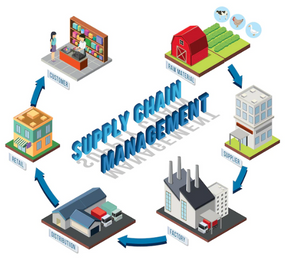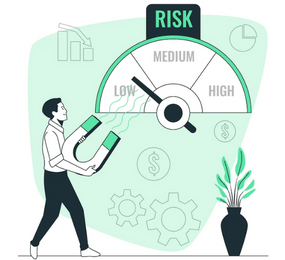Shining a Light: Supply Chain Transparency and Ethical Risks
In today's interconnected world, consumers are increasingly demanding transparency from the brands they support. This includes understanding the ethical practices within their supply chains. Opaque supply chains create a breeding ground for issues like forced labor, environmental damage, and unethical sourcing. Here's where supply chain transparency and traceability come in.
Transparency involves disclosing information about a product's journey, from raw materials to finished goods. This empowers consumers to make informed choices and hold brands accountable. Traceability takes transparency a step further, allowing companies to track each stage of production, pinpointing potential ethical risks.
By implementing these practices, companies can mitigate ethical risks in several ways. Firstly, increased transparency fosters collaboration with suppliers, encouraging them to uphold ethical standards. Secondly, traceability allows for swift identification and remediation of issues like child labor or environmentally harmful practices. This proactive approach strengthens brand reputation and consumer trust.
Looking ahead, supply chain transparency and traceability will become cornerstones of ethical business practices. As consumers demand greater accountability, companies that embrace these practices will be well-positioned for a sustainable future.
Visit our website to know more: https://www.leadventgrp.com/events/supply-chain-risk-and-resilience-forum/details
For more information and group participation, contact us: [email protected]
Leadvent Group - Industry Leading Events for Business Leaders!
www.leadventgrp.com| [email protected]
















